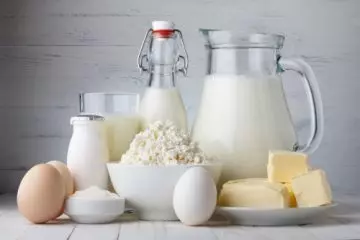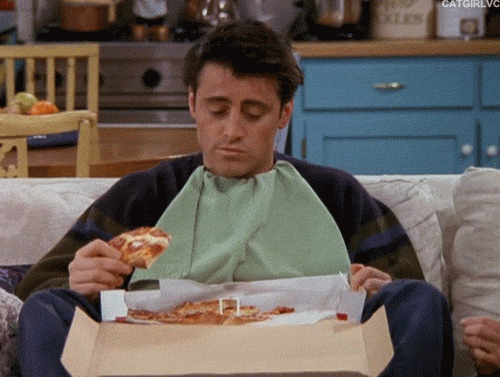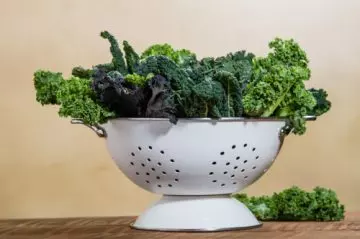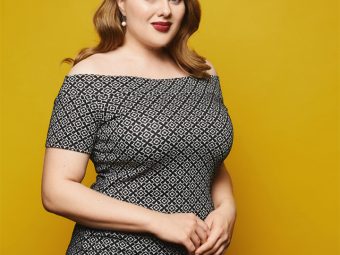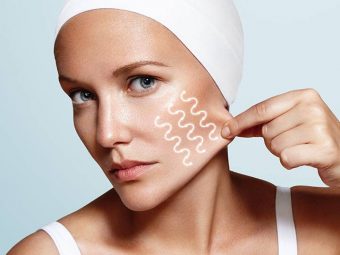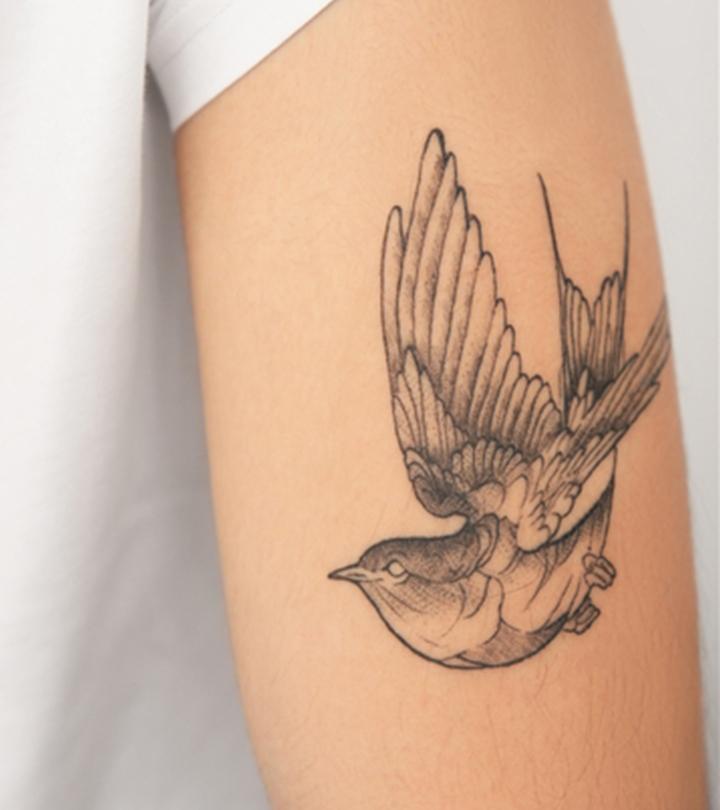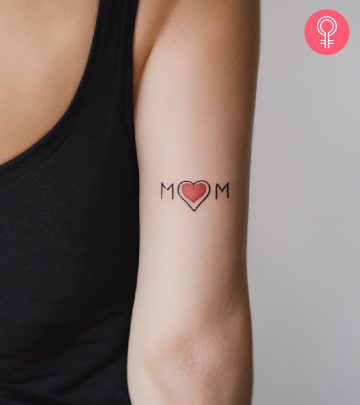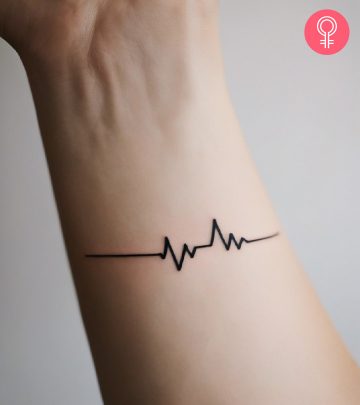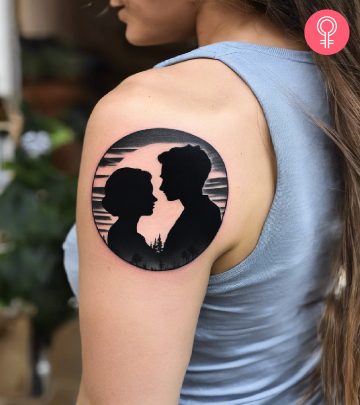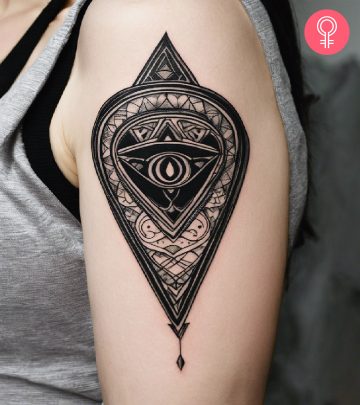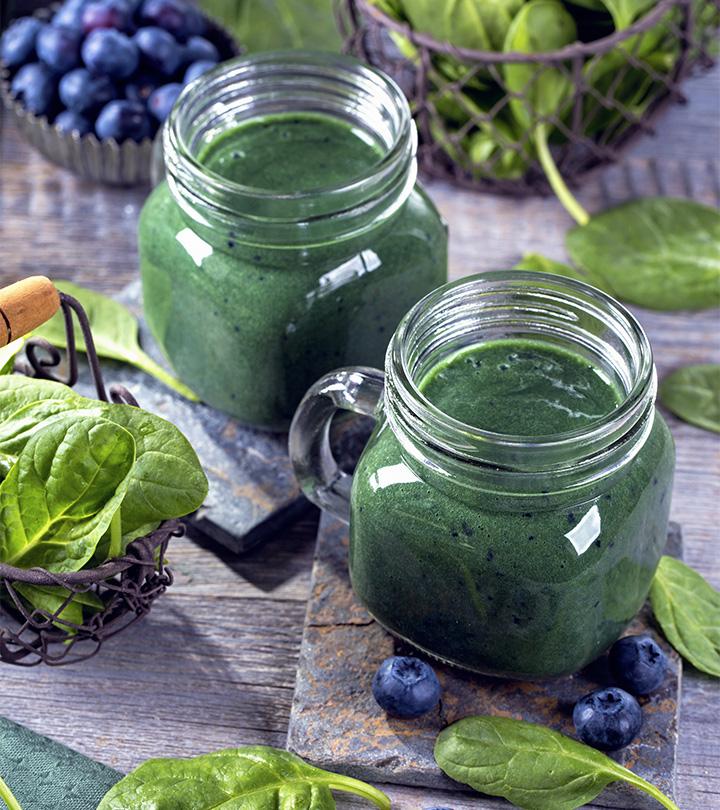Diet According To The Age: Here Is What You Need To Eat In Your 20’s 40’s, 50’s, 60’s!
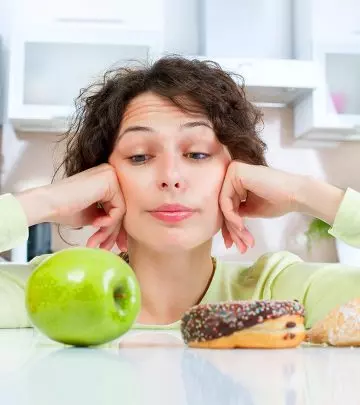
Image: Shutterstock
We all know that we age. But what most of us don’t know is how important it is for our diet to change in the process.
I once asked my grandpa (who lived for eighty-eight years, and was a healthy man till his last breath) the secret of his robust health – he told me the same.
And now, I am telling you the same.
Go ahead and read about the kind of diet you need to maintain as you progress through life. And guess what – you will thank me in the end!
[ Recommended Read: 10 Super-Weird Diets That Work Wonders! ]
In Your 20s
Dairy products are what you must live by. This is because your bones are still growing. Also, you don’t want to enter the later stages of your life with brittle bones, do you?
Milk products are a rich source of Vitamin D3. Watch this video to know the health benefits of Vitamin D3.
And alcohol? A big NO. For obvious reasons. Liquor has undesirable effects on your health and skin.
Dieting has become a trend these days, hasn’t it? Especially amongst those in their 20s. If you are also one of those unrealistically health-conscious youngsters, hold on. This is not the right age for dieting.
In Your 30s
The 30s are all about finding balance. And from this point onwards, an average adult will be gaining a pound every year. So instead of hogging on pizza every Saturday night, make way for regular exercise and healthy eating.
Whole grains are the magic food. You need carbohydrates for energy. So ideally go for complex carbs like brown rice, oatmeal or buckwheat. Stay away from sugary drinks and fries, and embrace lean protein (yogurt, white meat, and fish).
Want to shed those extra pounds? Watch this video for a 1000 Calories Diet Plan.
In Your 40s
This is when your metabolism tends to slow down. Also, balance and portion control become your allies. An extra 100 calories can lead to the gain of an extra 10 pounds every year. So ensure you make up the difference with proper diet and exercise.
Add lean protein to your diet. This includes chicken, eggs, beans and tofu. Healthy fats like walnuts, almonds, olive oil, and avocados are also essential. Fiber (soluble and insoluble) is also one important class of foods you must take. Soluble fiber is present in fruits, vegetables, barley, and legumes. Whole wheat, whole grains, and wheat bran are excellent sources of insoluble fiber.
Are you a vegetarian? Are you looking out for foods high in protein? Then, you must watch this video.
To prevent age-related bone loss, you must ideally take foods rich in vitamin D (salmon, tuna, and milk fortified with vitamin D) and calcium (cheese, yogurt, milk, broccoli, and kale).
In Your 50s
Oh yeah – you have hit the half-century mark! You still look great, but your body would start slowing down now. And that’s something you must be aware of.
Your immune system might weaken. Hence, start consuming more of probiotics, fish, and vegetables.
If you are not careful, age-related eye disorders also might begin to set in. To prevent that from happening, ensure you are taking dark green, leafy vegetables – these vegetables are rich in the antioxidants lutein and zeaxanthin, which are beneficial for eye health.
Limit your intake of salt, and saturated and trans fats. Stay away from sugary, processed and refined foods. Increase your intake of foods containing potassium (beans, mushrooms, yogurt, fish, and bananas) and unsaturated fats (nuts, poultry, oils of canola, soybean and flaxseed, walnuts, and fish).
[ Recommended Read: 7 Day Weight Loss Diet Plan For Vegetarians ]
In Your 60s
As you enter your 60s, a part of your brain circuitry begins to burn out. This makes it difficult to access memories. In order to combat this, have a diet rich in omega-3 fatty acids (flaxseeds, walnuts, salmon, soybeans, and cauliflower) and antioxidants (blueberries, grapes, dark green and orange vegetables, beans, and fish).
Your eye health might also start to get affected. Apart from omega-3s and antioxidants, vitamins A (mangoes, spinach, carrots, and sweet potatoes), C (oranges, strawberries, tomatoes, and broccoli) and E (asparagus, turnips, tomatoes, and spinach) can help maintain the eye health.
Other nutrients to be included in your diet include vitamin B12 (meat and eggs), vitamin B6 (fish, beans, and whole grains), fiber (barley, oat bran, legumes, whole wheat, whole grains). Even foods rich in calcium (dairy, broccoli, and kale), vitamin C (oranges, red and green bell peppers, broccoli, tomatoes and potatoes), and vitamin D (salmon, tuna, and fortified milk) are essential.
Aging is a natural process. But changing our diet isn’t. So it’s better we take voluntary action and live life to the fullest!
Of course, diet maketh a man. Right?
Image Credit: www.shutterstock.com, www.istockphoto.com


